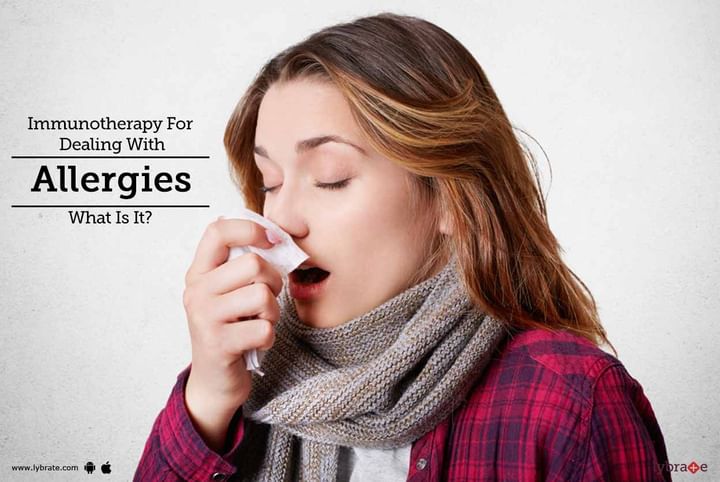Immunotherapy For Dealing With Allergies - What Is It?
The symptoms of allergic asthma, allergic rhinitis, and conjunctivitis and stinging insect allergy can often cause severe discomfort, and one can consider Allergen immunotherapy or allergy shots, as a long-term treatment option to manage the conditions.
Allergy shots reduce the sensitivity to allergens and often help in relieving allergy symptoms even when the treatment is over. This makes the process of allergy vaccination a cost-effective and beneficial treatment approach for many people suffering from various forms of allergy.
Who should consider taking allergy vaccination?
Both adults, as well as children, can receive immunotherapy and allergy vaccination but the latter is generally not advised for the children under the age of five. This is because children below the age of five are not prepared to co-operate with the treatment plan and articulating the adverse reactions that they have been experiencing. It is essential to consider the medical condition of the concerned patient such as cardiac disease and others that may interfere with the vaccinations. Another point that is worthy of mention is that allergy vaccination cannot be used for treating food allergies and the best way to avoid food allergy is to avoid the food one is allergic to.
How does allergy vaccination work?
Allergy vaccination is like any other vaccination where the human body responds to the injected proportions of a specific allergen. This dose is increased gradually over a period of time. There are two phases of allergy vaccination which are as follows:
- Build-up phase: This is the initial phase where the injection is given in an increasing amount of a particular allergen for two or three times in a week. The duration of this phase is dependent on how often the injections are given and typically range from 3 to 6 months.
- Maintenance phase: This is the second phase in which effective dose is achieved. The dosage and duration depend on the level of the allergen sensitivity as well as the response of the build-up phase. During this particular phase, there is typically a longer gap between the treatments ranging from two to four weeks. An allergy specialist can decide the most suitable range for you.
The patient will be able to notice a reduction in the symptoms during the build-up phase, but it may take around a year on the maintenance dose to see an improvement. In case the allergy shots are successful, the maintenance treatment is generally continued for three to five years.
As allergy shots bring about a reduction in the symptoms of numerous allergies and can inhibit the progression of allergic diseases ranging from asthma to allergic rhinitis, they can be highly beneficial for those with severe allergies that tend to be unmanageable.
In case you have a concern or query you can always consult an expert & get answers to your questions!



+1.svg)
